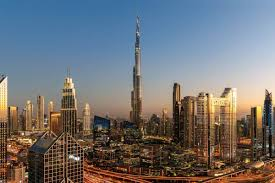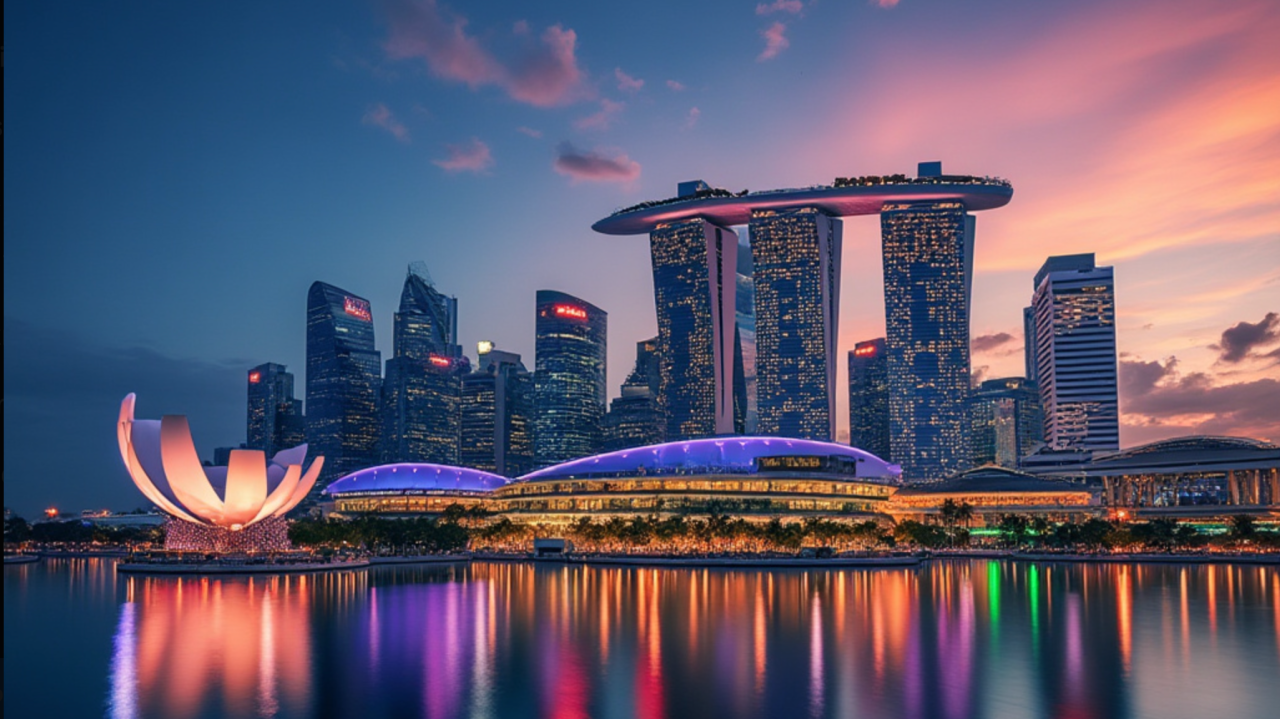Now Reading: Dubai’s Big Green Hydrogen Move: A Game-Changer for Clean Energy 2025!
-
01
Dubai’s Big Green Hydrogen Move: A Game-Changer for Clean Energy 2025!
Dubai’s Big Green Hydrogen Move: A Game-Changer for Clean Energy 2025!
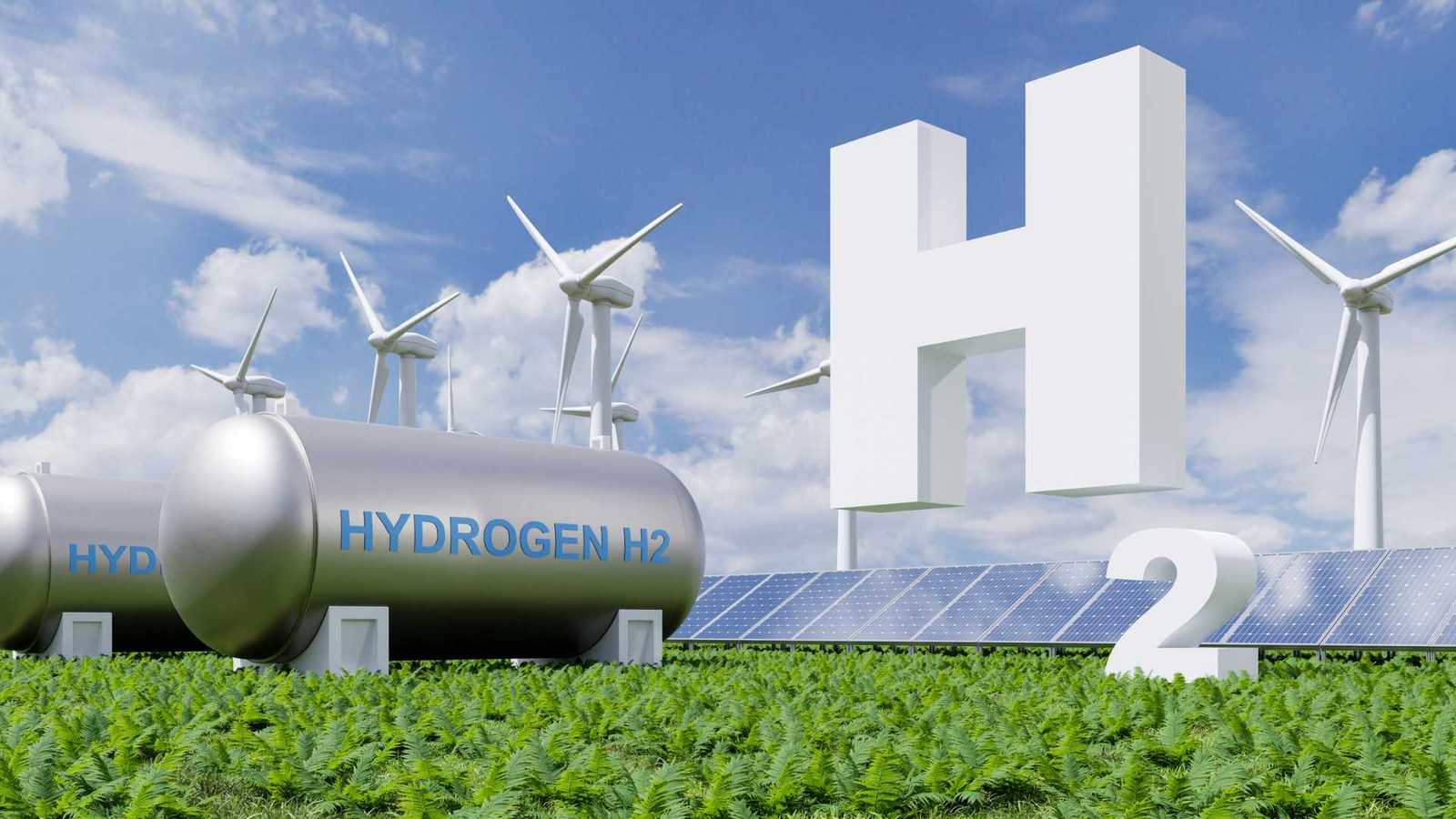
Table of Contents
Dubai, the shining jewel of the United Arab Emirates (UAE), is taking bold steps towards a cleaner, greener, and more sustainable energy future. One of the most exciting developments in the emirate’s journey towards sustainability is its investment in green hydrogen—a clean fuel that experts believe could transform the world’s energy systems.
As the global demand for cleaner fuels rises and nations pledge to cut carbon emissions, green hydrogen is quickly becoming a central player in the renewable energy landscape. Dubai is not only aware of this global shift but is determined to lead it.
What is Green Hydrogen and Why Does It Matter?
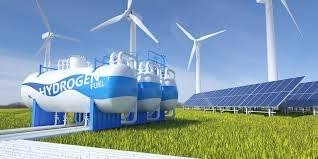
Hydrogen is the most abundant element in the universe and has long been used in industries like oil refining, fertilizer production, and chemical manufacturing. However, most of the hydrogen produced worldwide today is made from fossil fuels, releasing harmful carbon dioxide into the atmosphere—a method known as “grey hydrogen.”
Green hydrogen, in contrast, is produced by splitting water (H₂O) into hydrogen and oxygen using electricity generated from renewable energy sources like solar and wind power. This process emits no greenhouse gases, making green hydrogen a truly zero-carbon fuel.
Green hydrogen is seen as a potential game-changer for several reasons:
- It can store energy for long periods.
- It can power vehicles, ships, and even planes.
- It can replace natural gas in homes and industries.
- It can help countries meet their net-zero emissions goals.
Dubai’s Ambitious Green Hydrogen Goals
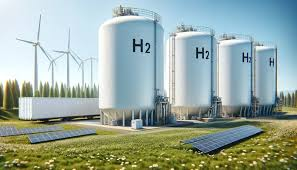
Dubai, under the leadership of the Dubai Electricity and Water Authority (DEWA), has already launched the first industrial-scale green hydrogen plant in the Middle East and North Africa (MENA) region. Located at the Mohammed bin Rashid Al Maktoum Solar Park—the largest single-site solar park in the world—this pilot plant is a milestone in the region’s clean energy journey.
In partnership with Siemens Energy and Expo 2020 Dubai, this green hydrogen plant marks the beginning of a broader plan to make Dubai a hub for hydrogen technology. The aim is not just to generate green hydrogen but also to explore its storage, distribution, and end-use in various sectors such as transportation, industry, and power generation.
Saeed Mohammed Al Tayer, MD & CEO of DEWA, stated:
“Green hydrogen will play a crucial role in the future energy mix and in supporting the Dubai Clean Energy Strategy 2050 and the Dubai Net Zero Carbon Emissions Strategy 2050.”
How Dubai Plans to Use Green Hydrogen
- Clean Mobility
One of Dubai’s future plans includes using green hydrogen to fuel public transport, especially buses and potentially taxis. Hydrogen-powered vehicles are an alternative to electric cars, offering longer driving ranges and shorter refueling times. - Industrial Applications
Industries in Dubai, such as aluminum and steel production, are energy-intensive and carbon-heavy. Green hydrogen could replace coal and natural gas in these industries, reducing emissions dramatically. - Electricity Storage and Generation
Green hydrogen can store excess energy from solar and wind plants and release it when needed. This flexibility helps stabilize Dubai’s power grid and ensures energy is available even when the sun isn’t shining. - Export Potential
Dubai is eyeing the opportunity to become a global exporter of green hydrogen, especially to Europe and Asia, where countries are actively seeking clean hydrogen imports to meet their climate targets.
Challenges Dubai Must Overcome
While the promise of green hydrogen is immense, there are challenges that Dubai—and the world—must address:
- High Production Costs:
Currently, producing green hydrogen is more expensive than fossil fuel-based hydrogen. Costs need to come down through technology improvements and larger-scale production. - Infrastructure Needs:
For hydrogen to become a mainstream energy source, Dubai must invest heavily in pipelines, storage facilities, and refueling stations for vehicles. - Market Development:
Demand for green hydrogen is still developing. Governments and private industries must adopt policies and incentives to encourage its use.
However, Dubai’s willingness to invest in this technology early may give it a competitive advantage as these hurdles are overcome globally.
Global Support for Green Hydrogen
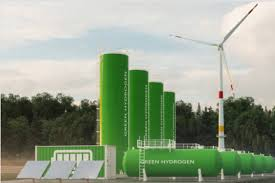
The global energy landscape is changing fast. Countries like Germany, Japan, and South Korea have set ambitious hydrogen targets and are willing to import green hydrogen from producers like Dubai. The International Energy Agency (IEA) predicts that hydrogen will meet 10% of the world’s energy needs by 2050.
As global partnerships develop, Dubai’s early moves into green hydrogen production could establish it as a crucial player in this future market.
Dubai’s Green Hydrogen Future: What Lies Ahead?
Dubai’s push for green hydrogen aligns perfectly with its Clean Energy Strategy 2050 and Net Zero Carbon Emissions Strategy 2050, both aimed at making Dubai one of the world’s cleanest and most sustainable cities.
The emirate is also planning research centers, pilot projects, and new public-private partnerships to further boost hydrogen innovation. By the time the world arrives at its net-zero goals in 2050, Dubai aims to be a leader in the production, use, and export of green hydrogen
Conclusion: A Bold Step Towards a Sustainable World
Dubai’s green hydrogen journey is still in its early stages, but the signs are promising. As technology improves and costs fall, green hydrogen could play a major role in Dubai’s—and the world’s—clean energy future.
With its forward-thinking policies, strong investment climate, and world-class renewable energy resources, Dubai is well on its way to becoming a global hydrogen powerhouse.
Read More:- Shobha Realty Launches Its Most Luxurious Project Yet—Full Details Inside 2025



